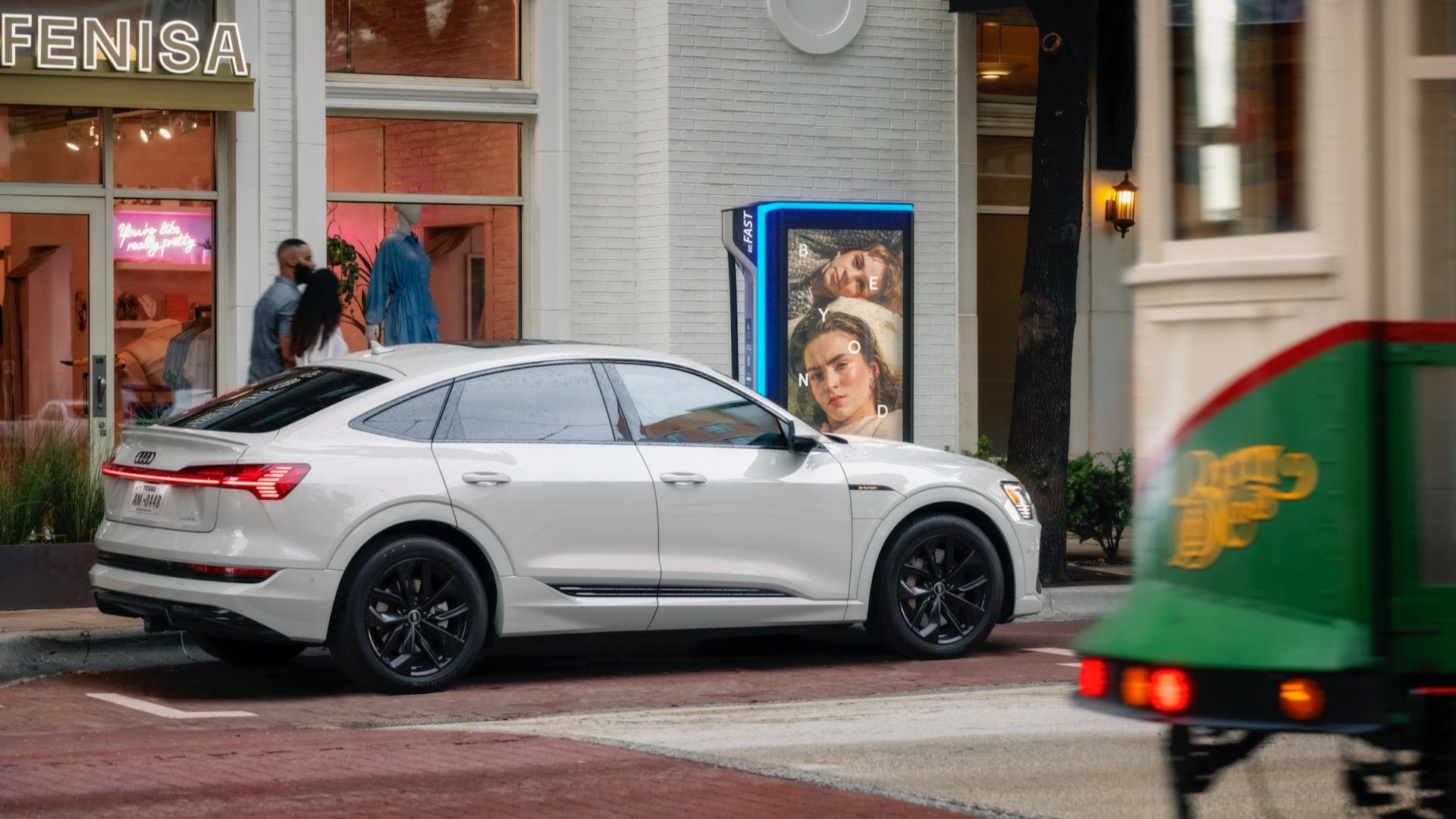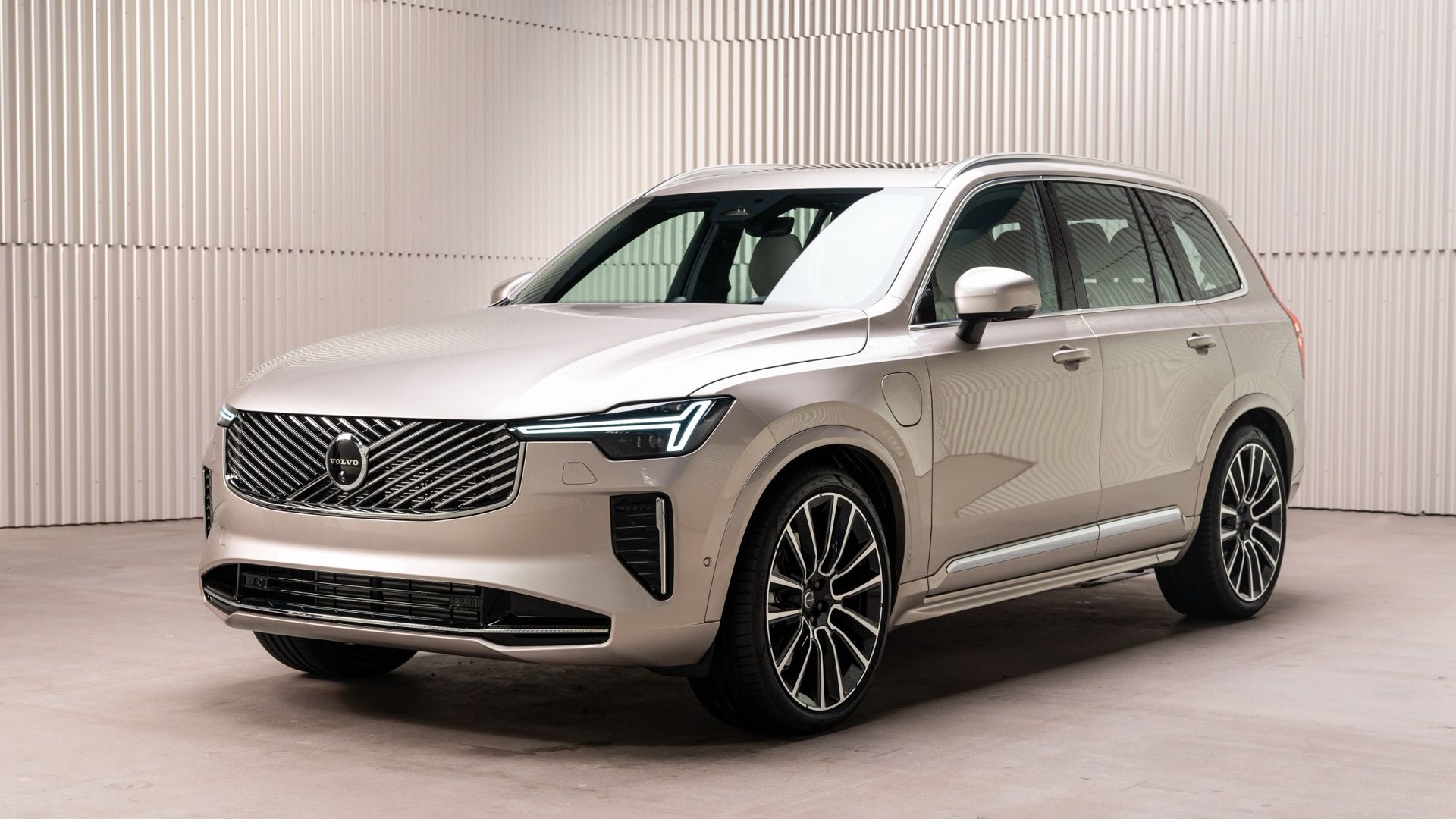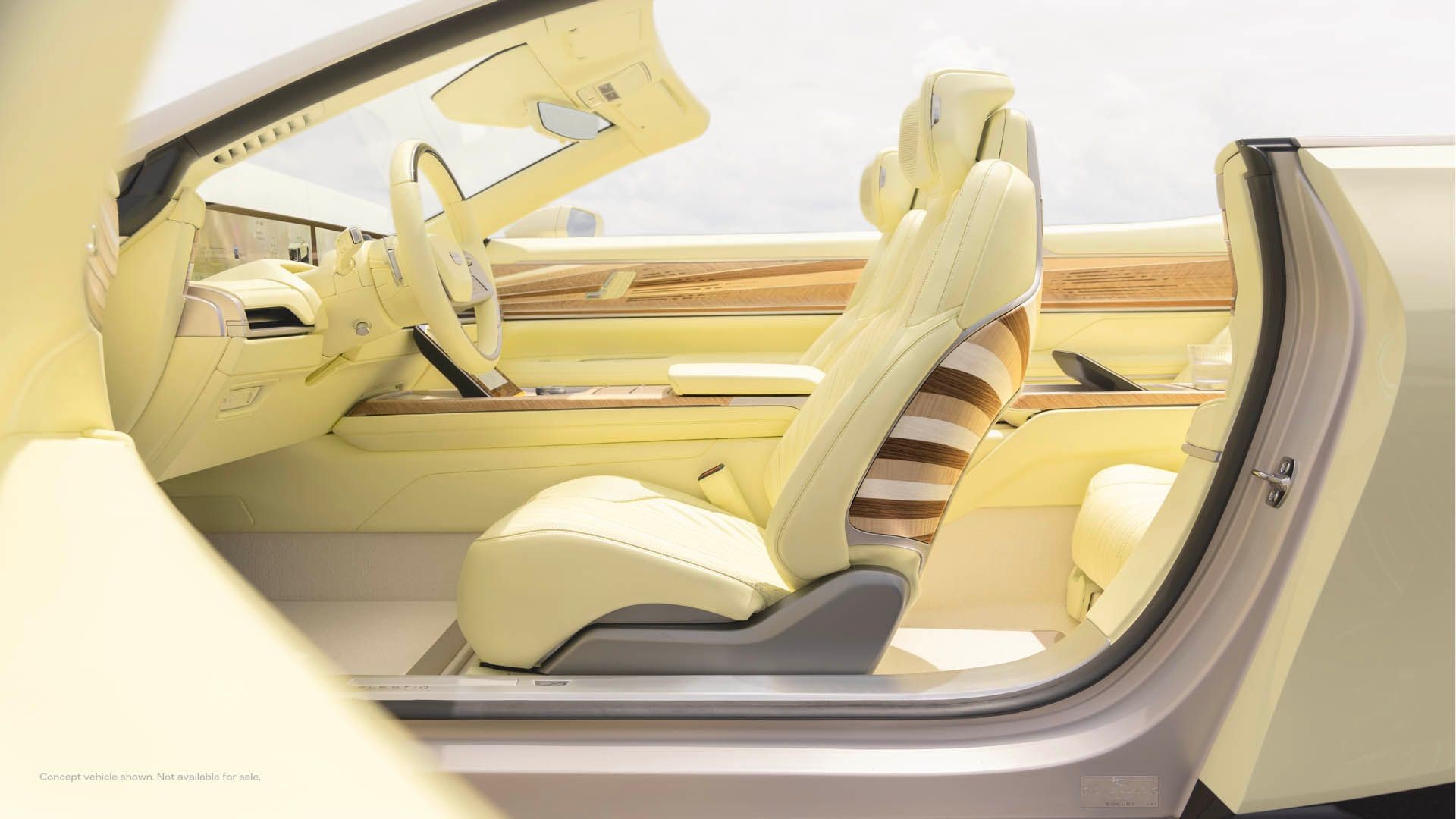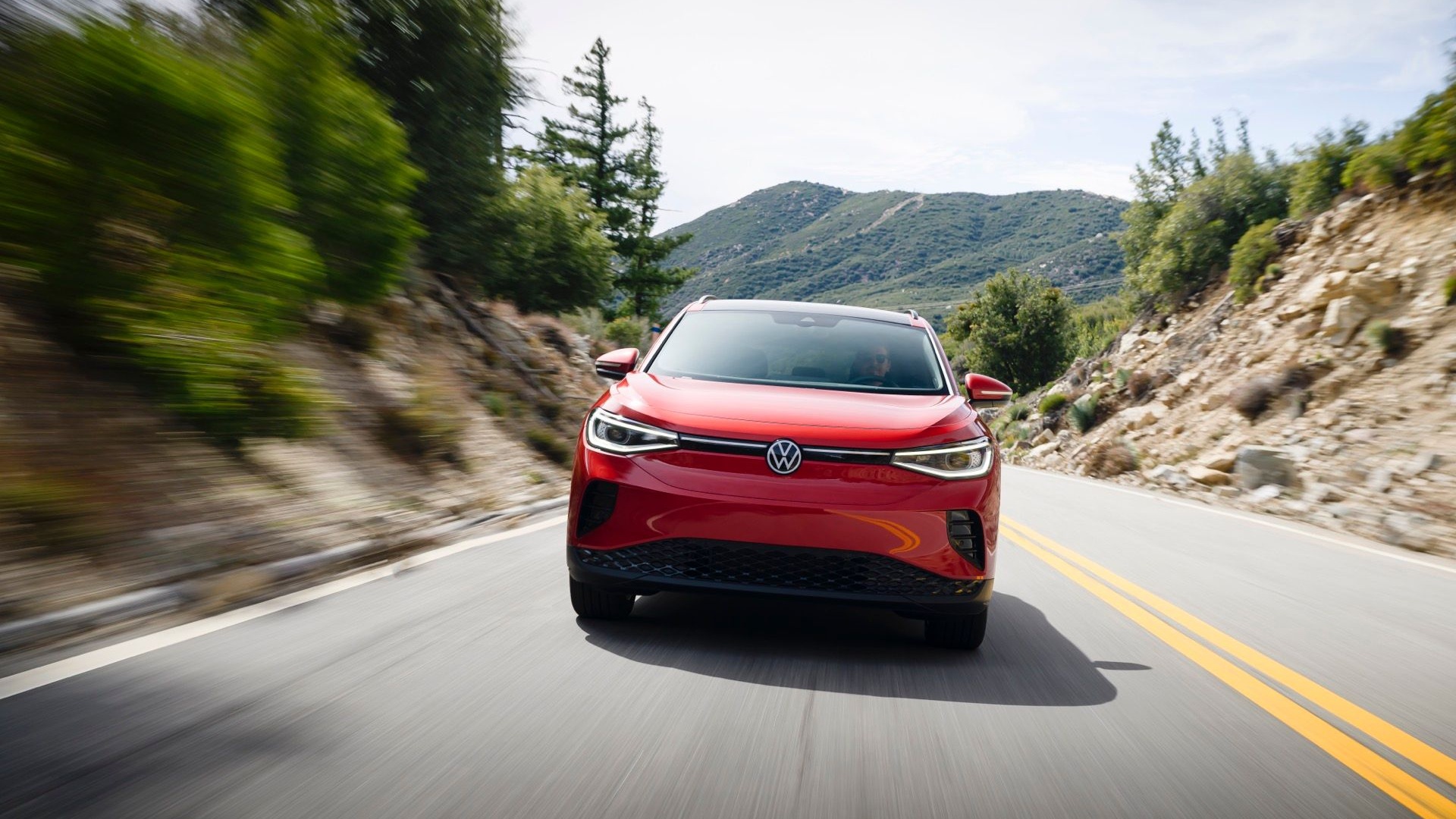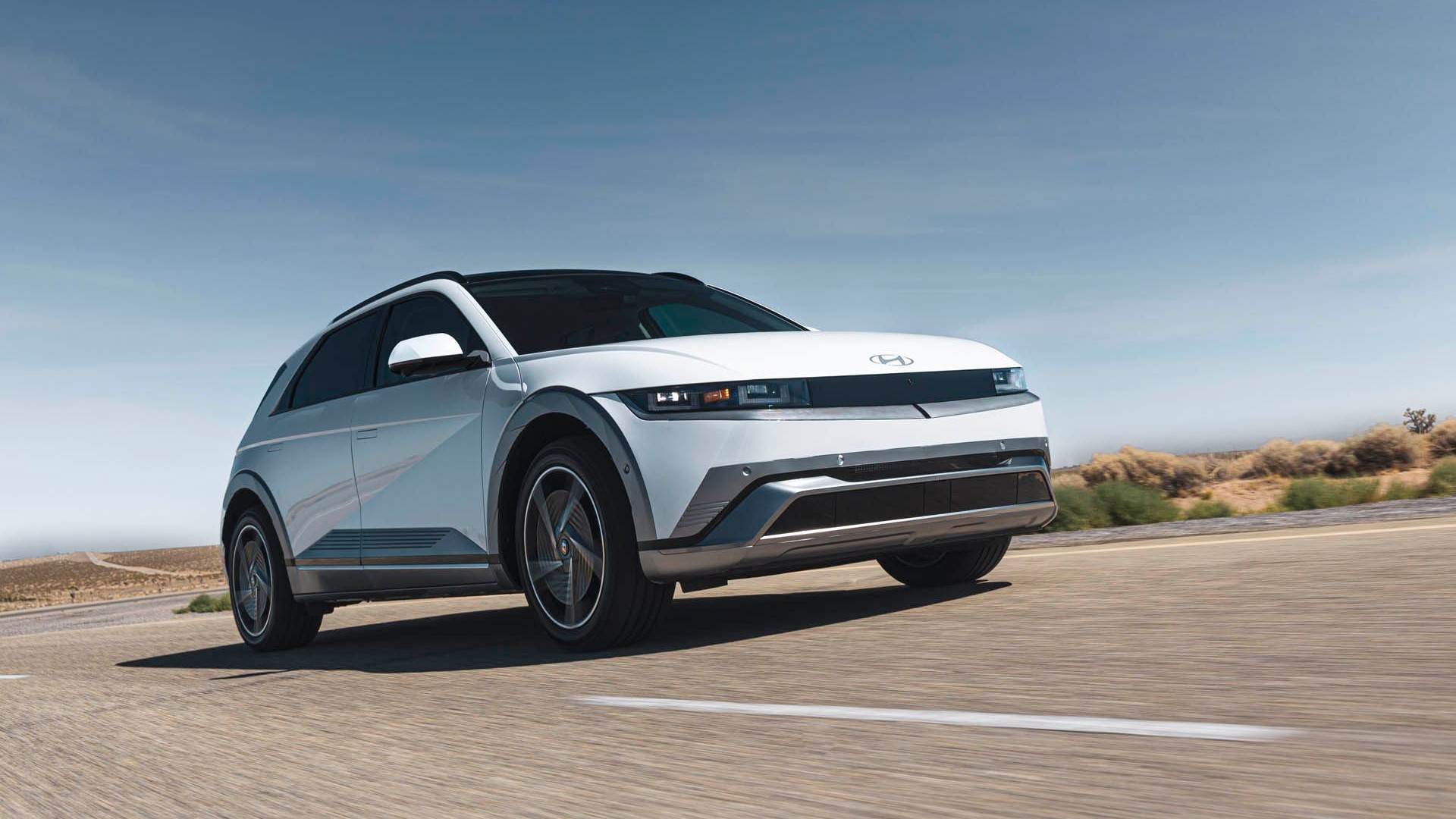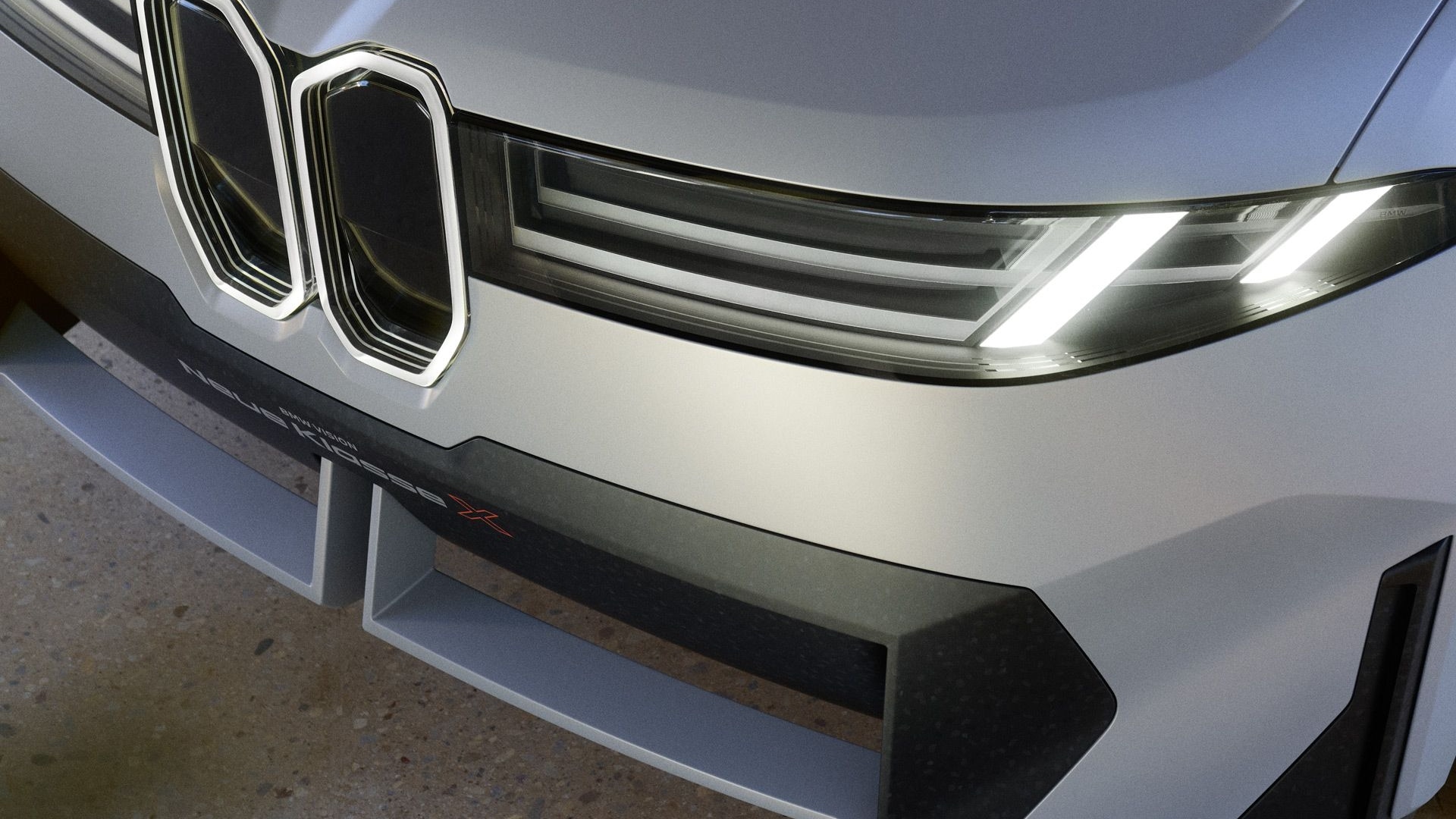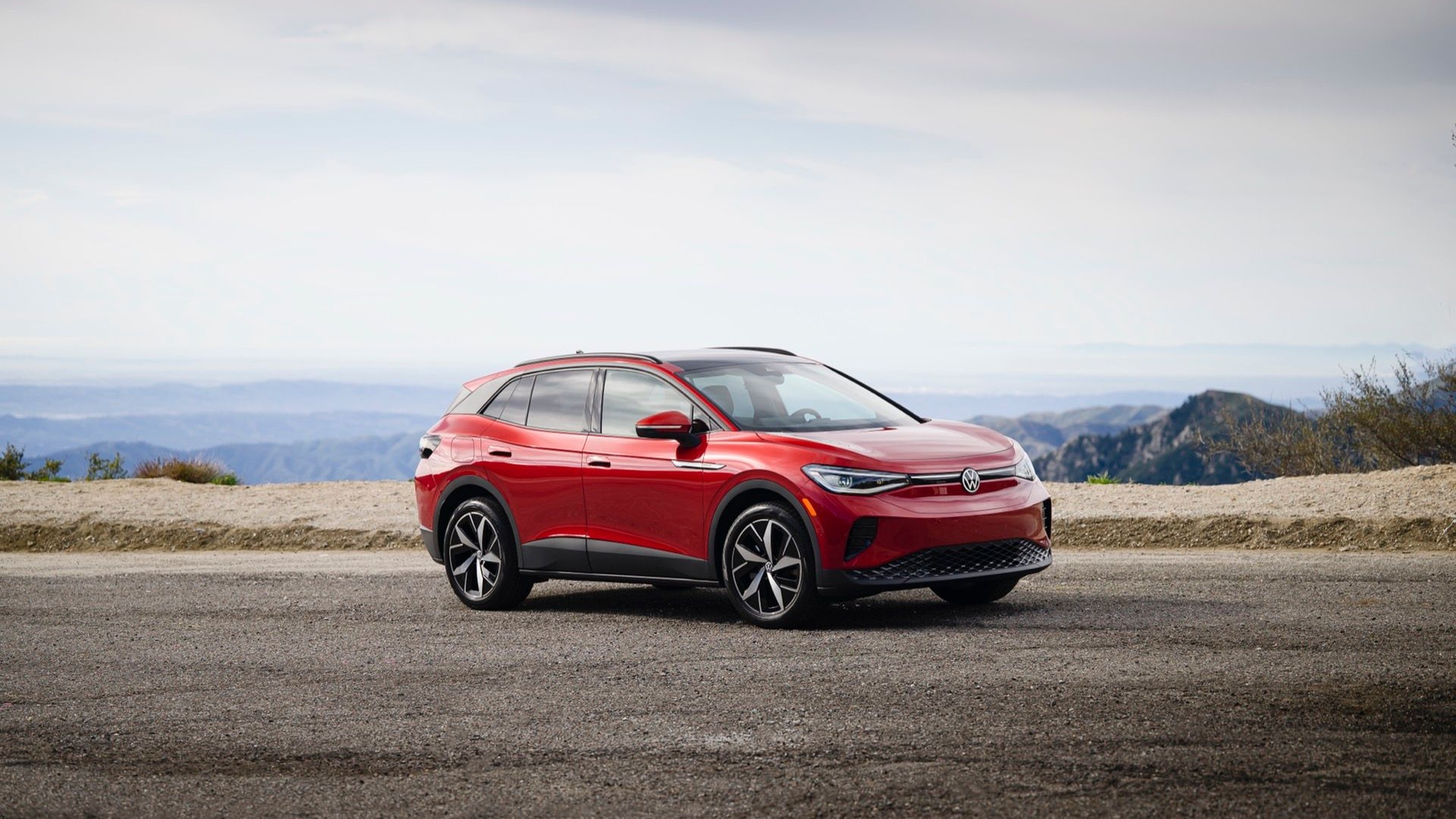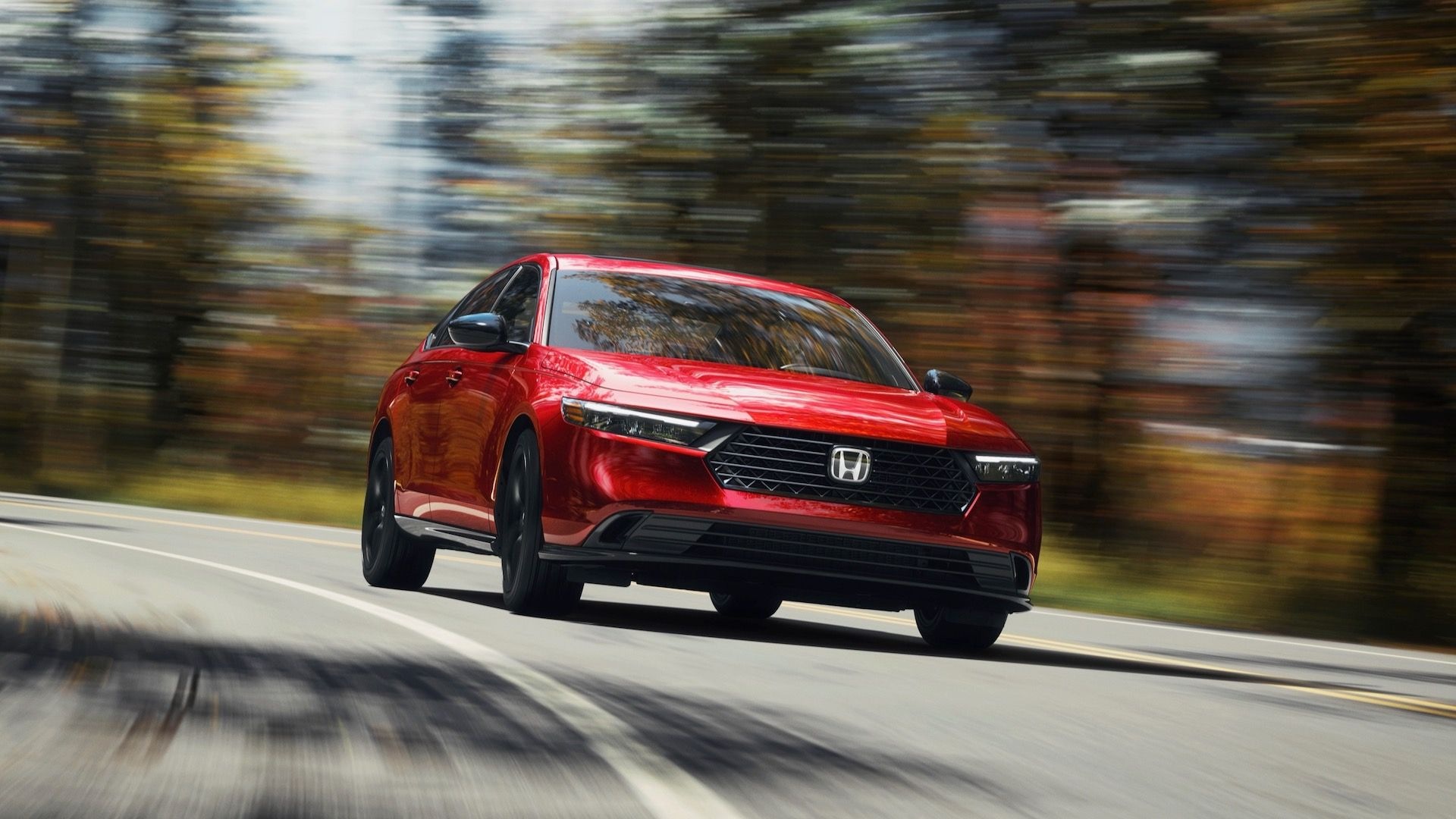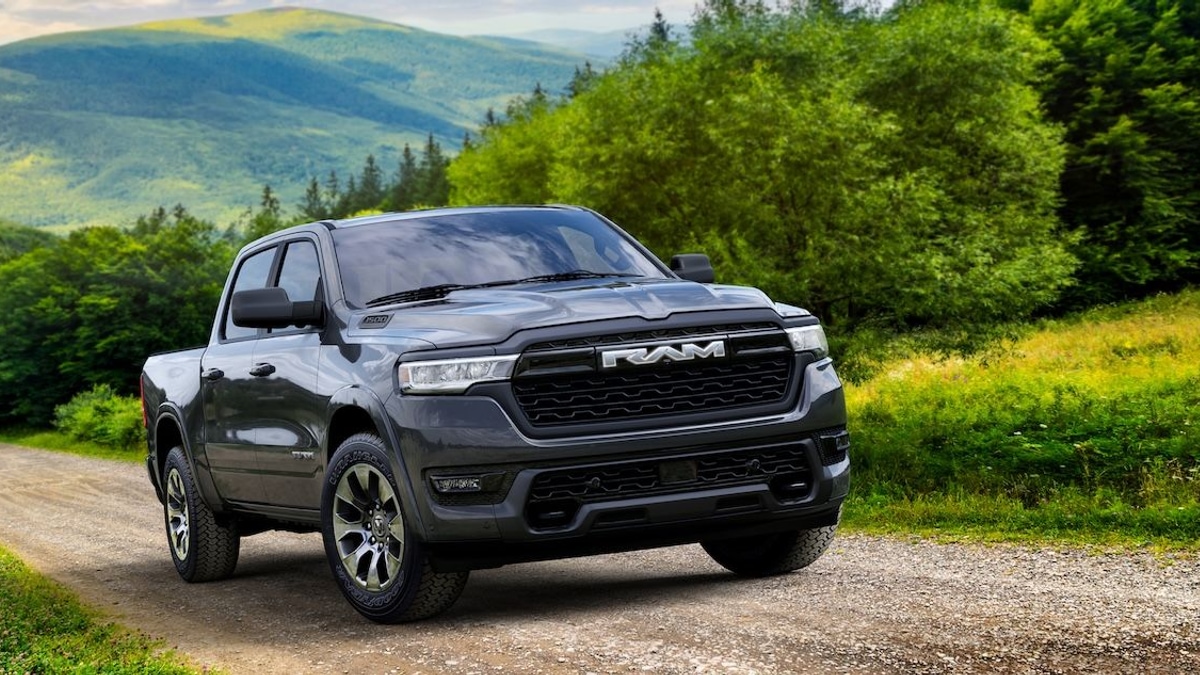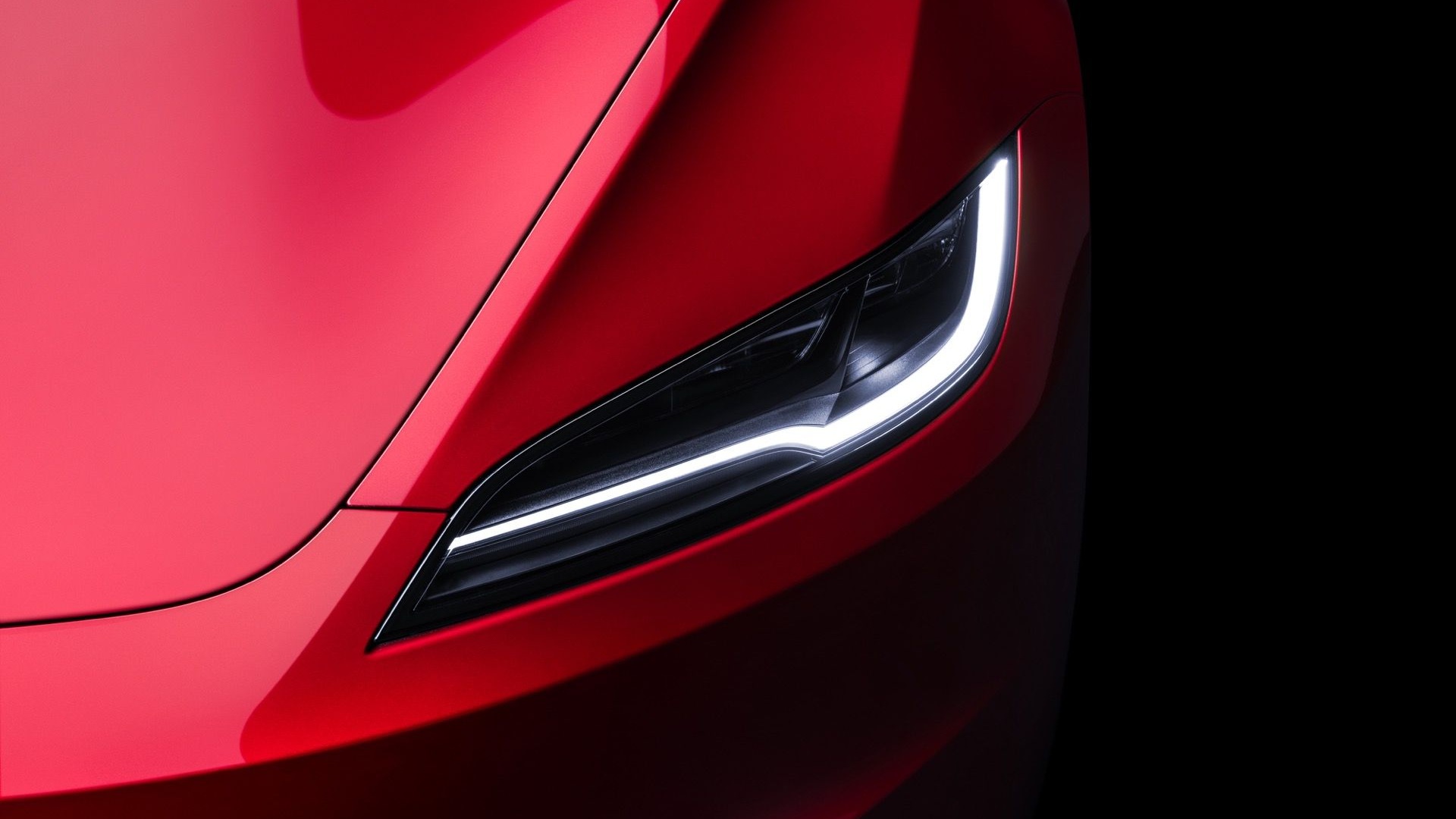To meet stricter fuel-economy standards, carmakers will have to rely more on all varieties of electrification in the coming years.
That means more battery-electric and hydrogen fuel-cell cars, but also more hybrids.
However, many of those hybrids may not be quite the same as, say, a Toyota Prius.
DON'T MISS: Electric rear axle project uses 48-volt system to electrify small cars
Suppliers believe new 48-volt mild-hybrid systems can reliably increase the fuel efficiency of internal-combustion cars, without the cost and complexity of full-hybrid powertrains.
These setups will become far more common over the next decade or so, predicts Navigant Research in a recent blog post.
The research firm believes that nearly 60 million vehicles annually will include engine start-stop systems by 2024, while more than 7 million will have 48-volt electrical systems that can support mild-hybrid powertrains.
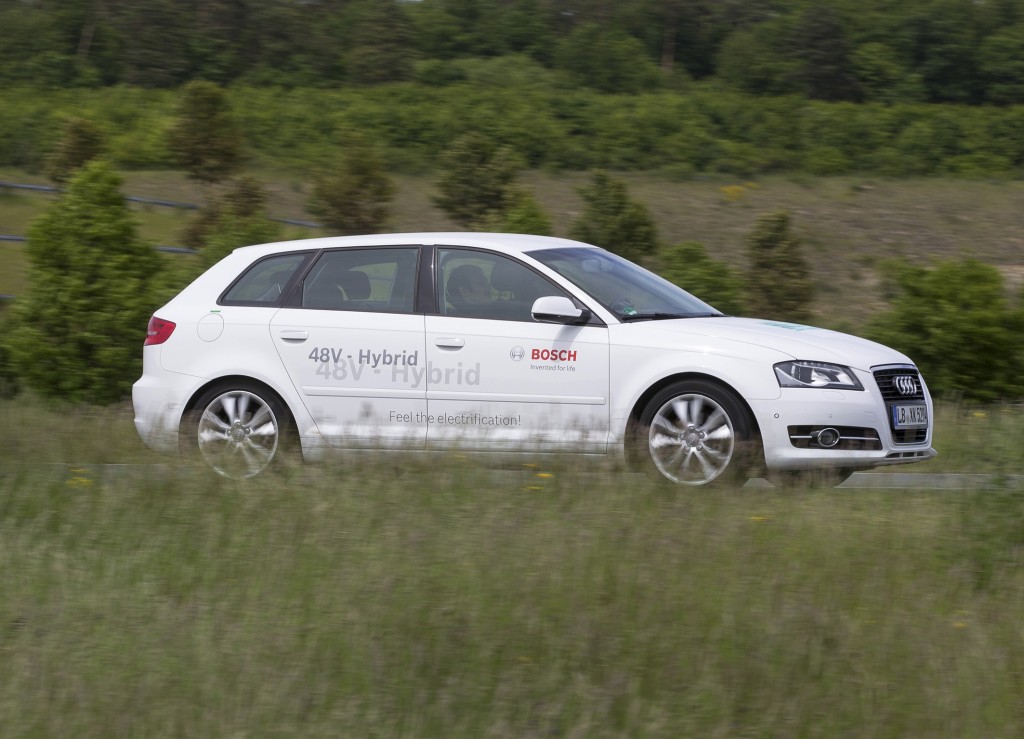
Bosch 48-volt mild hybrid
Mild hybrids take some load off an internal-combustion engine by powering accessories or providing an extra boost of power to the wheels, but generally can't propel a car on electricity alone.
Many new cars with conventional 12-volt electrical systems already have start-stop systems, which shut down the engine while the car is stationary to save fuel.
But the actual real-world use of start-stop is often limited by the need to maintain power levels for the array of technology and convenience features in modern cars, Navigant notes.
ALSO SEE: Why You Should Pay Attention To 48-Volt 'Hybrids' (Dec 2015)
The power demands of modern accessories alone have led to calls for a switch to 48-volt electrical systems, which provide more electrical capacity but avoid the costly high-voltage batteries and power electronics of old-style mild hybrids like those sold by Honda for 15 years.
Yet there are also significant potential efficiency benefits.
A beefier electrical system could allow the internal-combustion engine to shut off in more situations, including while coasting on the highway, or before the car comes to a complete stop at a traffic light or stop sign.
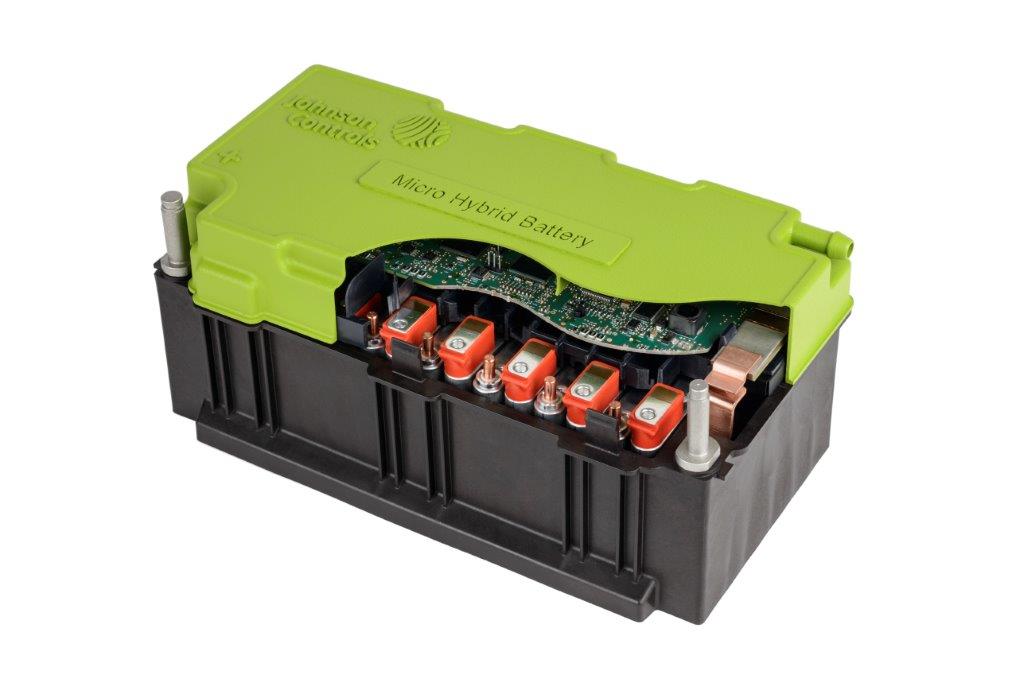
Johnson Controls 48-volt lithium-ion micro-hybrid battery
These systems could also provide electric power for accessories like oil and water pumps, as well as electric superchargers.
Those components are normally driven using engine power, which consumes additional fuel.
MORE: Bosch 48-Volt Mild Hybrid: Cheaper Way To Boost Efficiency 15 Percent? (Sep 2015)
However, converting large numbers of cars to 48-volt electrical systems faces notable challenges.
That 12-volt systems that have been the standard for decades have the advantage of economies of scale.

Audi RS 5 TDI Concept with 48-volt electrical system
Manufacturers also have to consider whether the added cost of a mild-hybrid system will really return a meaningful fuel-economy benefit.
A 48-volt system can add $800 to $1,000 to the cost of a car, notes Navigant, but obviously doesn't improve fuel economy as much as a conventional hybrid system.
Thus mild-hybrid systems only make sense if they fit within a certain cost/benefit window.
With stricter global fuel-economy standards looming, though, it's likely carmakers will at least experiment with more mild-hybrid systems in the coming years.
_______________________________________________
